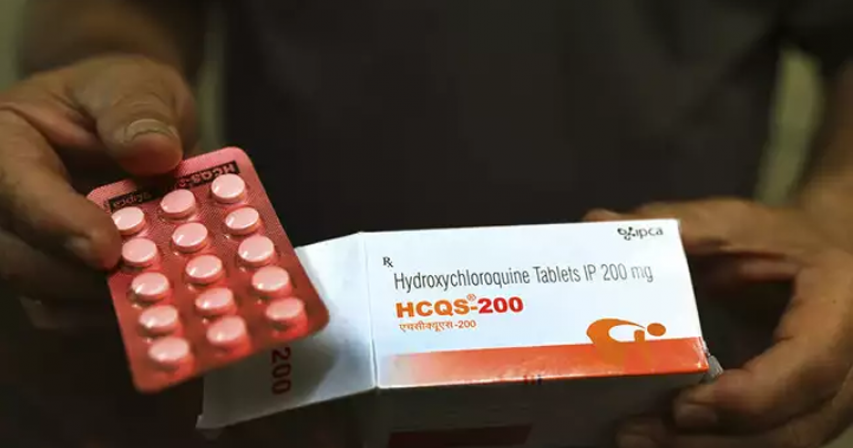Hydroxychloroquine not very effective in treating coronavirus patients, says study
- 4 years ago

Hydroxychloroquine, the malaria drug that US President Donald Trump has hailed as a “game-changer” and a possible “gift from God” in treating coronavirus patients, appeared not to help patients get rid of the COVID-19 virus in a study of 150 hospitalized patients in 16 centers in China.
The researchers divided the patients into two groups of 75 individuals each, one group received standard of care for patients with respiratory illness and the other received the standard of care plus the hydroxychloroquine.
The study found that hydroxychloroquine didn’t help patients clear the COVID-19 virus better than standard care and had a higher probability of causing side effects.
Hydroxychloroquine did, however, help reduce inflammation.
The overall 28-day negative conversion rate (which is a marker for predicting treatment outcomes and relapse of virus) for patients who received standard of care and hydroxychloroquine was 85.4 percent, while it was 81.3 percent for patients who received standard of care only.
There were more side effects in the group of 75 people who took hydroxychloroquine, but they were mostly mild, the most common being diarrhea. One patient discontinued hydroxychloroquine due to blurred vision.
“Currently, there is no convincing evidence from well-designed clinical trials to support the use of CQ/HCQ (chloroquine/hydroxychloroquine) with good efficacy and safety for the treatment of COVID-19,” the researchers said in their paper.
“When testing new treatments, we are looking for signals that show that they might be effective before proceeding to larger studies,” said Allen Cheng, an infectious diseases physician and a professor of epidemiology at Melbourne’s Monash University.
“This study doesn’t show any signal, so it is probably unlikely that it will be of clinical benefit.”
Analyzed US medical records
An analysis of Veterans Health Administration (VA) in the US data found that 28 percent of 97 patients given hydroxychloroquine along with standard care died, compared with a death rate of 11 percent for the 158 patients that did not receive the drug. The death rate was 22 percent for the 113 patients given hydroxychloroquine plus the antibiotic azithromycin.
The research, which has not yet been accepted for publication in a medical journal, is not the result of a clinical trial. It analyzed medical records from 368 men hospitalized with confirmed coronavirus infection at VA centers who died or were discharged by April 11, according to the paper posted online for researchers.
Hydroxychloroquine also appeared to have no impact on a patients' need for breathing support. Rates of mechanical ventilation were 13 percent for those who got the drug versus 14 percent for patients who received only supportive care. For those who received the malaria drug and the antibiotic, only 7 percent required breathing assistance.
- With Reuters
Comments